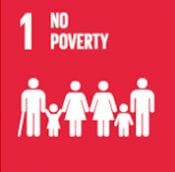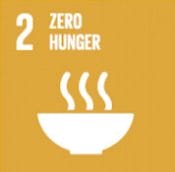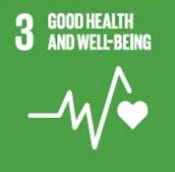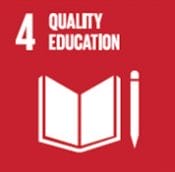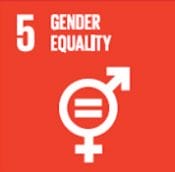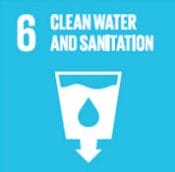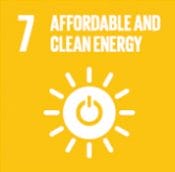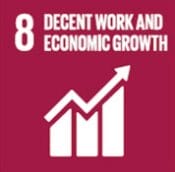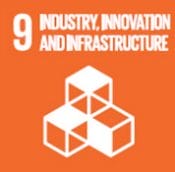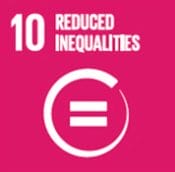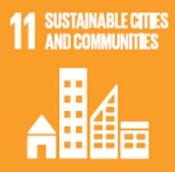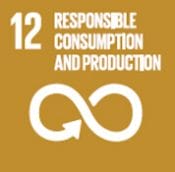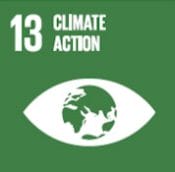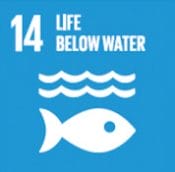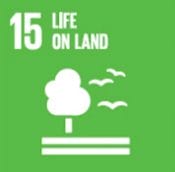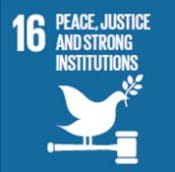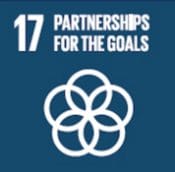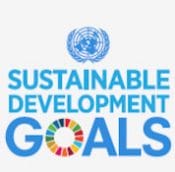UN Development Goal:
No Poverty
10% of the world survives on less than $1.90 a day
Millions of people lack access to healthcare, education, clean drinking water, electricity, and other human rights. Eradicating poverty requires universal collaboration from local and national institutions. Research shows that the creation of inclusive labor, quality education, and ensuring equal rights for vulnerable are essential for decreasing rates of poverty worldwide.
Make an Impact on Poverty
Take Action!

Microeconomic Projects – Economic growth is a great tool in the fight against poverty in developing countries. Microeconomic projects encourage individuals to build their skills within a chosen industry. Increased capital leads to more opportunity for education, access to health care and other public services.
1 of 1
Introduce New Skills – This could include sewing or weaving techniques, allowing villages to gain access to local and national markets.
1 of 1
Introduce New Tools – Many poor spend a significant amount of time trying to meet daily needs such as collecting water or other resources for basic survival. This behavioral poverty trap leaves little time to focus on solving other problems that could potentially lead to increased income.
1 of 1Sample Projects

Introducing chickens to help bring villages to market where they can sell and trade livestock and animal products with other community members and villages.
1 of 1
Sponsoring or launching a small business to provide women with the management skills and capital they need to start their own venture which results in increased productivity, employment and eventually education for their children.
1 of 1
Providing access to medical care: Accessible medical services remain elusive for many of the global poor. Acute and chronic illnesses lead to very low levels of productivity but access to these services and community health education can aid in the development of healthy, sustainable communities.
1 of 1